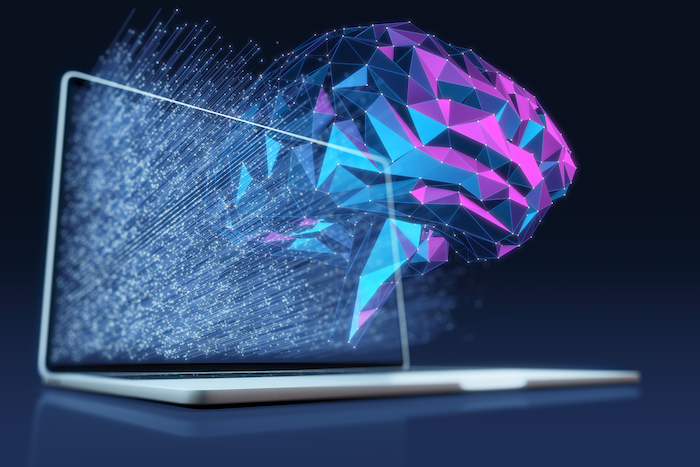Can one form of technology dramatically transform the role of IT leaders, and in particular, the role of CIOs? When the technology is generative AI, the answer is a resounding yes.
IT leaders have entered a once-in-a-lifetime period of significant change when it comes to artificial intelligence. Until recently, computer networks and the machines that run them have never mimicked the behavior of humans. However, the new generation of generative AI models not only can carry on conversations with end users, but they also possess the ability to generate original content. The new generative AI systems, such as ChatGPT, have the potential to evolve the role of IT leaders, as well as the potential to transform entire industries.
If you plan to remain an IT leader in five years, you must devise a clear and sophisticated generative IT strategy starting today. Developing a compelling generative AI strategy has emerged as the top priority for businesses operating in diverse industries. Generative AI automates certain tasks, which frees up more time for IT leaders to pursue other business-focused initiatives. The technology also enables IT leaders to make more data-driven decisions that enhance the bottom line.
What Is Generative AI?
To leverage the technological power of generative AI, IT leaders should gain keen insight into how the technology works.
Generative AI represents a series of algorithms that are capable of producing new content such as text, audio, and images from a set of data. The most proficient types of algorithms produced by generative AI develop from the top of foundation models that screen large quantities of unlabeled data. Generative AI identifies patterns discovered in large quantities of unlabeled data to complete a wide variety of previously manual tasks.
For example, generative AI GPT-3.5, which is a foundation model programmed to screen large volumes of text, is configured to answer questions, summarize text, and perform sentiment analysis. DALL-E is configured to create images, as well as expand images beyond their original sizes.
What Are the Benefits of Generative AI for Businesses?
Generative AI is changing the game for IT leaders by automating tasks to meet the operational goals of their organizations. The technology has delivered many benefits for IT leaders, and because of the positive implications, many organizations have already gone live with implementing generative AI strategic initiatives. In a growing number of cases, companies have developed custom generative AI applications and then fine-tuned them to match proprietary data.
Perhaps the greatest benefit of adopting generative AI technology concerns a vast improvement in worker productivity. Data-driven content created by artificial intelligence not only frees up more time for IT leaders, but also allows managers to reassign workers to other complete other projects. The power to mimic human interactions makes generative AI the ideal technology to personalize customer interactions. Generative AI also quickly accelerates the research and development process, as well as adapts seamlessly to newly developed business models.
What Types of Content Can Generative IT Platforms Create?
Based on natural language translations, generative AI can produce a wide range of text. One of the most common uses of generative AI to create text concerns chatbots. Human resources departments leverage generative AI to power chatbots that interact with job candidates to recruit and retain top IT talent. Generative AI can update job descriptions in real time based on several new factors. The updated job descriptions keep pace with rapidly changing vocational and educational requirements.
Marketing professionals use generative AI to create promotional copy in both print and digital form. The technology delivers endless possibilities for writing marketing copy, which allows organizations to target marketing campaigns for different demographics. Generative AI tracks consumer preferences to implement relevant marketing strategies. For customer service professionals, generative AI offers a conversational SMS feature that ensures customers do not have to wait for service.
IT departments gain the capability to write software code through the use of generative AI models. Generative AI consolidates long documents into brief summaries that are provided for department workers, as well as other leaders of an organization. The technology also automatically creates scripts to test computer code, as well as find bugs in computer code that impede business performance.
What Industries Benefit the Most from Generative AI?
Although generative AI is changing the game for businesses in a wide variety of industries, three industries should benefit the most from incorporating the technology. Because of the power to personalize customer experiences, generative AI is the ideal technology to incorporate for customer service businesses. The technology not only personalizes interactions, but also personalizes content and product recommendations.
Finance professionals scour through vast amounts of data to create personalized investment recommendations. Generative AI analyzes real-time market data to test different trading strategies. Due to the ability of generative AI to process large quantities of data quickly, the technology grants biopharma professionals the ability to produce data on millions of molecules that identify specific diseases. This allows biopharma companies to improve the completion rate for product research and development cycles.
Learn more in The Ethics of Generative AI: What IT Leaders Need to Know.




0 Comments